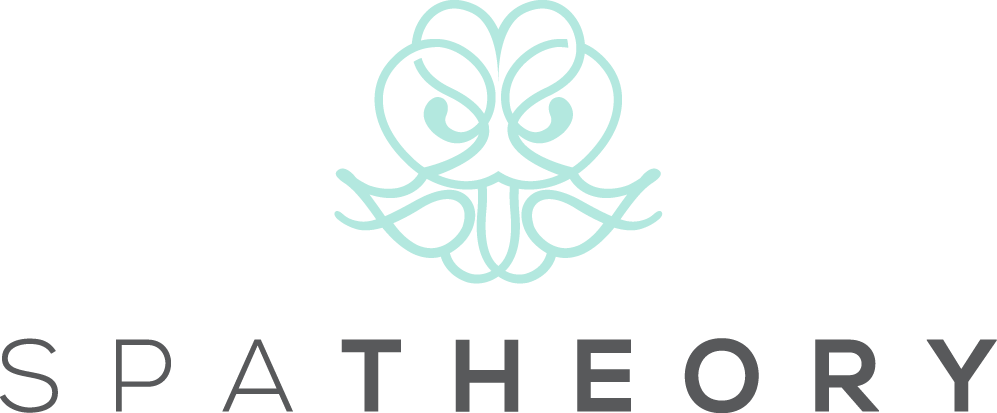Treating Muscle Soreness After a Massage: Effective Tips
While massages are renowned for their relaxation and therapeutic benefits, it's not uncommon to experience muscle soreness afterward. This phenomenon can be a natural response to the physical manipulation of muscle tissues during a massage, and while it usually isn’t anything to worry about, understanding how to effectively treat muscle soreness after a massage is key to getting the most out of your sessions. So, how to combat post massage muscle soreness? Let’s take a look.
What is Massage?
Massage is a therapeutic practice involving the manipulation of the body's soft tissues, including muscles, connective tissues, tendons, and ligaments. While it can be performed for pain relief, muscle relaxation, and injury rehabilitation, it’s also great for our overall wellness - and at Spa Theory, you can access our exclusive Atlanta couples massage services and enjoy a fun date night massage in the comfort of your own home!
What is Post-Massage Muscle Soreness?
Post-massage muscle soreness is a type of discomfort or mild pain in the muscles that can occur after a massage session; this is typically due to the release of toxins and lactic acid from deep within muscle tissues, a process that can lead to inflammation and temporary discomfort. You may also deal with bruising after massage sessions, typically after more intense forms of massage such as deep tissue massage.
Causes of Muscle Soreness
The soreness is typically the result of the therapist working out knots and tension from the muscles, which can cause micro-tears in the muscle fibers. These micro-tears are small and heal quickly, but they can contribute to muscle soreness. Generally speaking, the duration and intensity of the soreness can vary depending on the massage's depth and your own sensitivity, but it usually only lasts for a day or two, rarely extending beyond 72 hours.
Tips for Managing Post-Massage Muscle Soreness
So, what can you do about it? Here are just a few ways to alleviate the discomfort associated with post-massage muscle soreness, so you can recover more quickly and comfortably:
Hydration
Drinking plenty of water post-massage helps flush out toxins and reduces muscle stiffness; staying hydrated is crucial for speeding up the recovery process.
Warm Baths or Showers
A warm bath or shower can soothe sore muscles; this is because the heat helps increase blood flow, which aids in muscle recovery and reduces soreness.
Use of Heat Packs
Applying heat packs - with caution! - to sore areas can also provide relief; the warmth relaxes muscle tissues, in turn easing the discomfort associated with soreness.
Gentle Stretching
If you feel up to it, performing gentle stretching exercises can help alleviate muscle tightness and improve flexibility, reducing the intensity of the soreness.
Light Walking
While heavy exercise isn’t advised, a light walk can increase circulation, which can help to reduce muscle stiffness and speed up the healing process.
Avoiding Intense Workouts
As we just mentioned, it's a good idea to avoid intense workouts immediately after a massage, as they can exacerbate muscle soreness and delay the recovery process. Allowing your muscles time to rest and recuperate after a massage is key here - don’t overdo it.
Seeking Professional Advice
If the muscle soreness after a massage is intense or persists beyond a few days, it's always a good idea to seek advice from a healthcare professional or a massage therapist.
Understanding Your Body's Signals
It’s also important to be able to recognize the difference between normal muscle soreness and pain that might indicate an injury or a more serious condition. This is where professional guidance can help; with expert advice, you’ll be able to better understand these signals and respond appropriately.
Tailoring Future Massage Sessions
If muscle soreness is a common occurrence, discussing things with your massage therapist can help. They might be able to adjust their techniques in future sessions to minimize discomfort, while still achieving the desired therapeutic effects.
Recognizing Signs of Concern
While post-massage muscle soreness is generally benign, it's essential to be aware of certain precautions and warning signs that might indicate a more serious issue. Severe pain, swelling, or bruising, or discomfort that lasts more than 72 hours are all signs that warrant medical attention. Additionally, symptoms like dizziness, shortness of breath, or excessive fatigue shouldn’t be ignored.
Avoiding Certain Medications
While over-the-counter pain relievers can be tempting, it's important to use them cautiously. Certain medications, like nonsteroidal anti-inflammatory drugs (NSAIDs), can interfere with the body's natural healing process, so always consult with a healthcare provider before taking any new medication post-massage.
FAQs
Are there any effective home remedies for treating muscle soreness post-massage?
Yes, drinking plenty of water, taking warm baths or showers, applying heat packs, and engaging in light stretching and walking can all help alleviate muscle soreness.
Should I avoid exercise after a massage?
It's generally best to avoid intense physical activity immediately after a massage. Light exercises like walking or gentle stretching can be beneficial, but give your muscles time to rest and recover.
Can a massage cause bruising?
While rare, bruising can occur, especially after more intense massage types like deep tissue. If you're concerned about bruising, communicate with your therapist about adjusting the pressure.
Is it normal to feel more emotional after a massage?
Yes, it's not uncommon to experience heightened emotions after a massage - this is because it can be a release for both physical and emotional tension.

